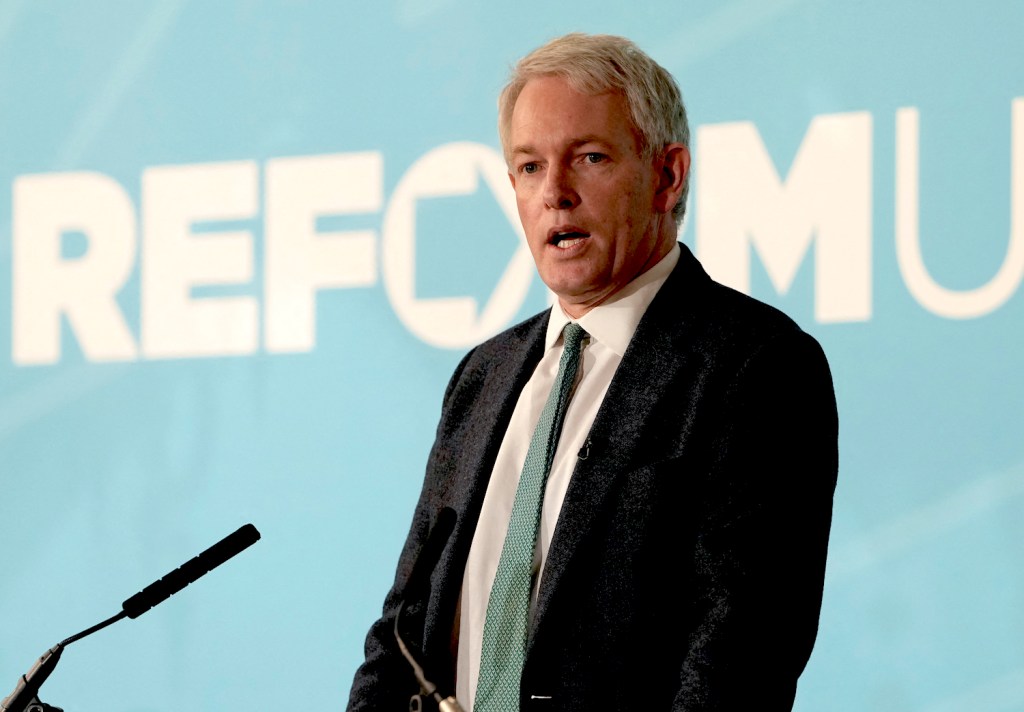The new Premiership season kicked off this weekend and, with all the usual hype, will come novelties. There are the gamely optimistic new arrivals and returnees, no doubt a breakout star or two, some eyebrow-raising new hairstyles (Mo Salah) and some ingeniously tweaked – and therefore ‘must-have’ – revenue-gouging strips. As ever, there will be new rules, including yet further tinkering with VAR.
But what interests me, as an English teacher and student of socio-linguistics, will be any novelties in the figurative language which the players, fans and journalists use to describe the game. Over nearly 50 years of watching football, it has been fascinating to hear the football lexicon evolve in ways that can be quite culturally revealing.
Pseudish terminology is in the ascent, that type of language that seeks to convey sophistication
Cliché is an essential part of football language (‘the beautiful game’). Indeed, football seems to revel in stale phraseology. This would have infuriated George Orwell, who hated football but understood the effective use of language (he would have winced at ‘kicked off’ in line one of this piece) and included ‘never use a metaphor, simile or other figure of speech you are used to seeing in print’ as one of his six rules for writing. This could – and, I would argue, should – be tweaked and posted on the pundits’ screens to flash urgently, when necessary; which is often.
According to Adam Hurrey, writer of Football Clichés and Extra Time Beckons, Penalties Loom, the genre can be divided into two broad categories: ‘hypertruths’, or statements of the bleeding obvious which persist as they are ‘comforting, reliable filler’. Classic examples would include ‘a game of two halves’ and ‘if you don’t shoot, you won’t score’. Then there are the ‘received wisdom’ phrases which aren’t and never were true (‘you can score too early’; ‘2-0 is a dangerous score’) but ‘tap into fans’ primal fear and paranoia that their team will inevitably let them down’.
Both of these categories seem to be in decline, possibly reflecting the greater competitiveness in football broadcasting. In the ruthlessly commercial and youth-orientated Premiership, everything must appear shiny and new. Any commentator trotting out tired language could see themselves put in the ‘Motty’ box and earmarked for early retirement. The great football cliché is looking to be in some danger.
Perhaps as a reaction to this, pseudish terminology is in the ascent, that type of language that seeks to convey sophistication and a firm grasp of the latest tactical innovations. I’ll be especially interested this season to hear how long the recently minted buzz phrase ‘the press’ continues to dominate commentary.
‘The press’ (often a ‘high press’) is essentially meaningless, signifying nothing more than a team playing aggressively and harrying the opposition. But it seems to say to the humble viewer: ‘I know what “the press” is because I am a tactical expert – you don’t because you’re not’. Will its management-speak vacuity see it fade away, like other tacticalese, such as ‘playing through the channels’; or will it embed itself firmly? I know which I’d prefer.
I’ll also be interested to discover whether phrases borrowed from American sports continue to be used. My theory is that these emerged when football was in the doldrums (the 1970s and 1980s) and there was greater cachet attached to exotic sports that were not synonymous with hooliganism and negativity. ‘Stepping up to the plate’ and ‘out of left field’ were borrowed from baseball; ‘game plan’, ‘punt’ and ‘turnover’ from American football. These seem to be heard less often now, perhaps because of the Premiership’s greater confidence in itself and dominance of the market.
Also fascinating will be whether once-common phrases finally die out as their ancient origins become too distant. ‘Down tools’ (for giving up) seems to be moribund in a country where few have tools to down anymore – though Keir Starmer’s father, a toolmaker apparently, and the continuing prevalence of strikes, may prolong the life of this particular phrase.
‘Set out their stall,’ sounds anachronistic now too and may well raise the question by younger fans of what exactly a ‘stall’ is. Ditto an ‘onion bag’ or a ‘cosh’. ‘Skipper’ sounds odd in a country whose strong nautical traditions have become archaic. As does ‘back to square one’, with its origins, according to some, in a BBC radio grid system. Even ‘Fergie time’ might have had its day, 11 years on from its eponymous inspiration’s final game.
Perhaps most engrossing of all though will be football commentary’s approach to culture wars. ‘Man of the match’ was effectively outlawed a few years ago for reasons that, in a game where only men – by Fifa statute – are allowed to take part, remain unclear.
But the new rules have frequently been breached, by accident or design, especially by the older co-commentators, without apparent sanction. Here is an early example of what may be an unsustainable absurdity from day two of the new season: ‘Mo Salah is player of the match for me. He’s been the best man on the pitch.’ (Jermaine Jenas, TNT Sports, 17 August, Ipswich vs Liverpool). It will, to borrow a phrase from tacticalese, be interesting to see how this plays out.








Comments